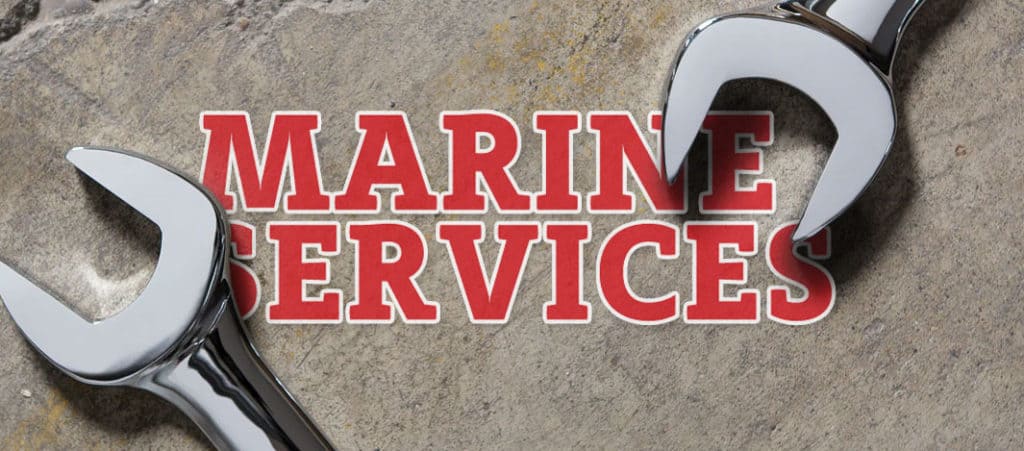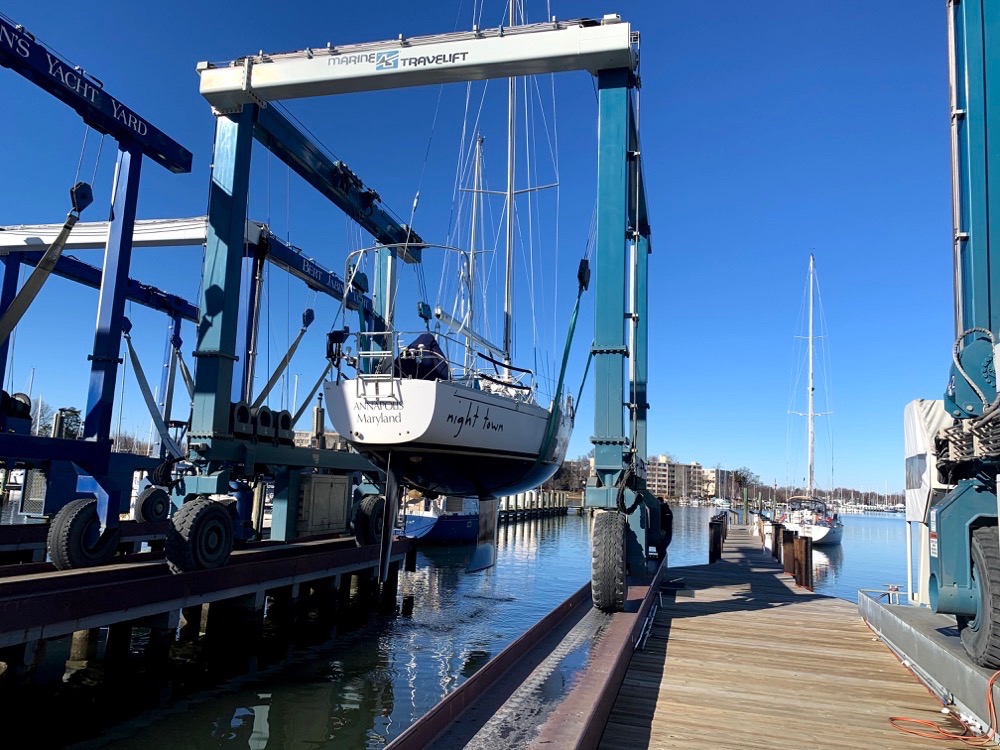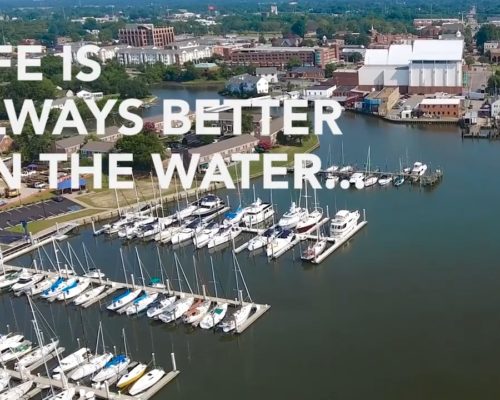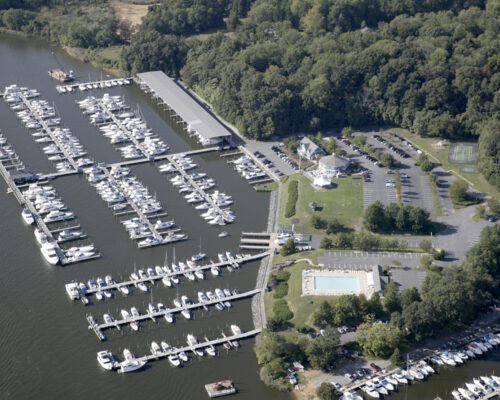There’s an old Chesapeake tale about a yachtsman who runs his new sailboat aground in the mud. He’s stuck there until an old waterman putts by and offers to lend a hand. The yachtsman grabs a line and heads forward to rig up a bowline, but the waterman says, “Just hand me yer halyard!” Mystified, the yachtsman unhooks the halyard from the mainsail and swings it over.
The waterman loops the line around the kingpost on his stern and slowly pulls away, making the sailboat heel over. The keel pops out of the mud and the hull slides off the shoal into the deeper water. “That was amazing!,” the yachtsman cries. “How can I ever thank you?” “That’ll be a hundred bucks,” the old man says. “A hundred bucks? That’s an awful lot for five minutes’ worth of work,” the yachtsman says. “Well,” the waterman drawls, “that’s only five bucks for the doin’, but it’s $95 for the knowin’.”
When you’ve got a problem with your boat, it pays to hire somebody who knows what he or she is doing. The American Boat & Yacht Council (ABYC), a nonprofit, member organization based in Annapolis, can help you find one of those somebodies.
Over the past 67 years, the council has developed global safety standards for the repair of recreational boats, sharing them via seminars, workshops, and technician certification courses in electrical systems, diesel and gas engine service, A/C and refrigeration, marine surveying, and corrosion. ABYC’s president John Adey notes that 90 percent of the boats built in America over the past five years have been built to ABYC standards, “so it makes sense to make repairs to those standards as well,” he says.
You can have your boat repaired and maintained to ABYC standards by making sure that the technicians you hire are ABYC-trained and certified.
Derek Rhymes, an Annapolis-based marine surveyor with All Boat & Yacht Inspections, notes that keeping your boat well maintained is not only smart for the obvious reasons of safety, but there’s also a chance that your insurance company might not cover a loss if damage is the result of poor maintenance.
“Electrical systems on a boat can function perfectly but might have hidden issues that are just waiting to start a fire,” he says. “If damage is caused by lack of maintenance, it might not be a covered loss. Fire is the most scary thing that will happen on your boat and is largely preventable. Poorly installed or maintained DC electric systems are the primary sources.”
Clay Holcomb, with the Chesapeake Boat Basin in Kilmarnock, Va., is a dealer for Boston Whaler boats and Mercury and Suzuki outboard motors. “Everything in the boat business—from the engines, the boat itself, and electronics integration—has become so technologically advanced it is necessary to not only be properly trained by the manufacturer, it is equally important to have the correct diagnostic equipment to perform the proper services to the products,” he says. “No one is better equipped and trained to handle your vessel than the dealer itself.”
One of his buyers had his engine worked on by another, “non-branded,“ shop, he recalls. “We found
that the servicing facility had caused $900 of damage to the engine just because of their lack of training and carelessness.“
There could also be problems when you go to resell your boat. Buyers are becoming more knowledgeable, Holcomb notes. “Since we are a sales facility for new and used boats and engines we have found that a used boat that has been maintained properly with receipts to back up the services sell quicker and for a higher price than those with no service records, or records by non-branded service facilities.“
Check out CBM’s Marine Services Guide for your local full-service boatyard or individual mechanics:





